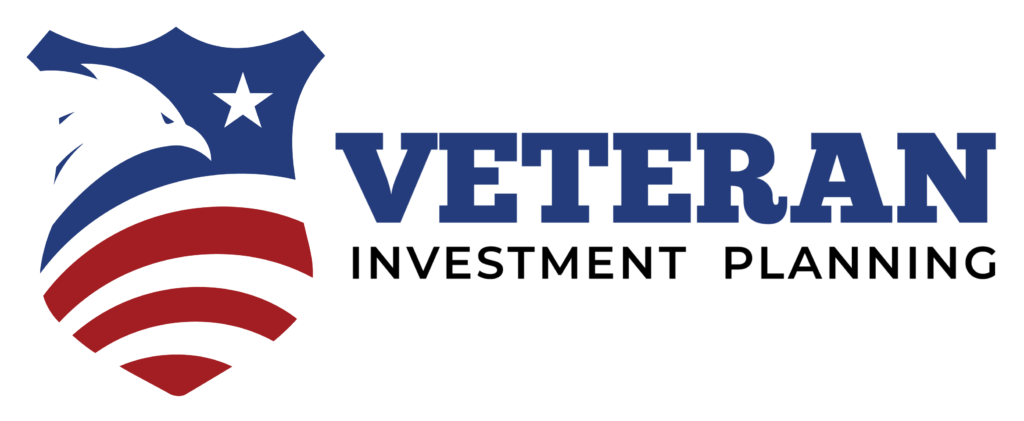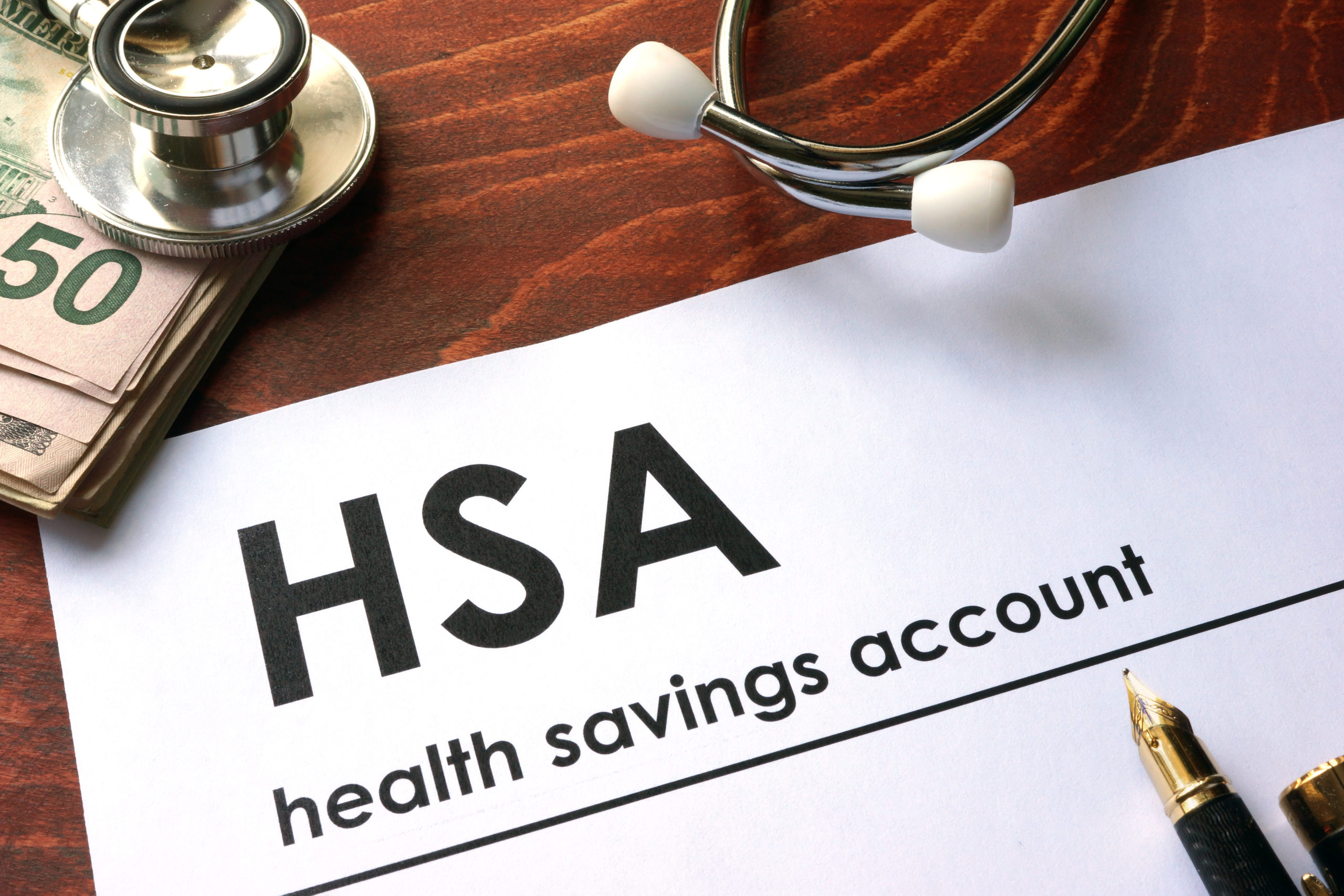Adam Stalnaker 0:06
Adam and Joe here. Today we’re going to talk about HSAs. The power of HSA is becoming much more popular, as you get these high deductible plans, a lot of risk is being pushed on to the employee and healthcare plans, you know, how to HSAs work? What are they? What are the advantages? You know, what’s the downfall of them to? Joe, let’s talk about first, the advantages of these things.
Joe Kovach 0:31
Yeah, one of the main advantages is, you know, taxation, we like to call it the three T’s and you get all three of them here, you get the tax deduction, to put money in. So think of it like a 401k contribution or something like that lowers your taxable income, the money grows tax deferred, so you’re not paying taxes on any dividends and capital gains, remember, you can invest these assets, if it makes sense for you. And third, is the money comes out tax free for medical expenses. Pretty good. Yeah, it’s not many areas in the world, catch all three T’s anymore. And that’s This is one of the few of them. So it’s definitely something you want to take advantage of it again, as far as the investing part goes, if you’re maybe got some medical issues, maybe you don’t want to invest it because again, you don’t want to take money out when the merger is down or something like that. But if you’re relatively healthy, it’s almost like like a retirement account. Yeah, I
Adam Stalnaker 1:25
think it’s becoming a whole lot more popular as we’re planning with younger younger people to say, hey, let’s Max these things out if it works within your plan, we’ll talk about some of the downfalls if you use it, not for non medical expenses in a minute here, but but using it as a supplement in retirement, like you can create this huge pool of money that can because what’s what’s one of the biggest expenses that retirement Right, yeah, healthcare, right, yeah. And it doesn’t seem like healthcare is going down anytime soon. So if you’ve got this tax free pool that you can use at retirement, I think I mean, you can have a huge advantage at retirement that, you know, maybe not a whole lot of other people have. Now, let’s talk about the downfall though, too, if you have max this thing out, you need it for an emergency. And it’s before the age of 65, you’re going to get hit with a penalty of 20% and ordinary income, which, right that’s, that’s pretty brutal. I mean, that that hurts so fun. And that’s where we go back to the plan, right? We we plan to make sure that this is not used as a as an emergency fund.
Joe Kovach 2:31
Mm hmm, exactly. I just got to be careful there, you don’t want to get caught with your hand in that cookie jar of having to take this money out for a non medical expense prior to 65. Now, it’s 65. What happens, then you can take it out with just just like what an IRA contribution or 401k, you pay ordinary income tax only, you don’t have to use it for medical expenses. So that’s where the, the planning aspect comes in. Right? So you can you can actually, you know, use it as a retirement asset again, and hopefully you’re healthy, and it’ll, you know, carry on keep contributing all these years now the great pot of money there to use as part of your retirement assets when that time comes.
Adam Stalnaker 3:06
Yeah. So if you are some of you know, that has an HSA or has an HSA available to them at their, at their employer, feel free to reach out, let’s have a conversation and talk about how we can, you know, help you plan to have this pool of assets at retirement that is extremely powerful, and not a whole lot of people are looking at it as a retirement asset. They look at it for the now. There’s a whole lot of planning that can go involved and make a lot of impact later on.
Joe Kovach 3:32
Yeah, definitely something you want to take advantage of if it’s available to you.
Adam Stalnaker 3:36
Yep, as Joe says,
Joe Kovach 3:38
small changes now are big changes later on. Absolutely.

